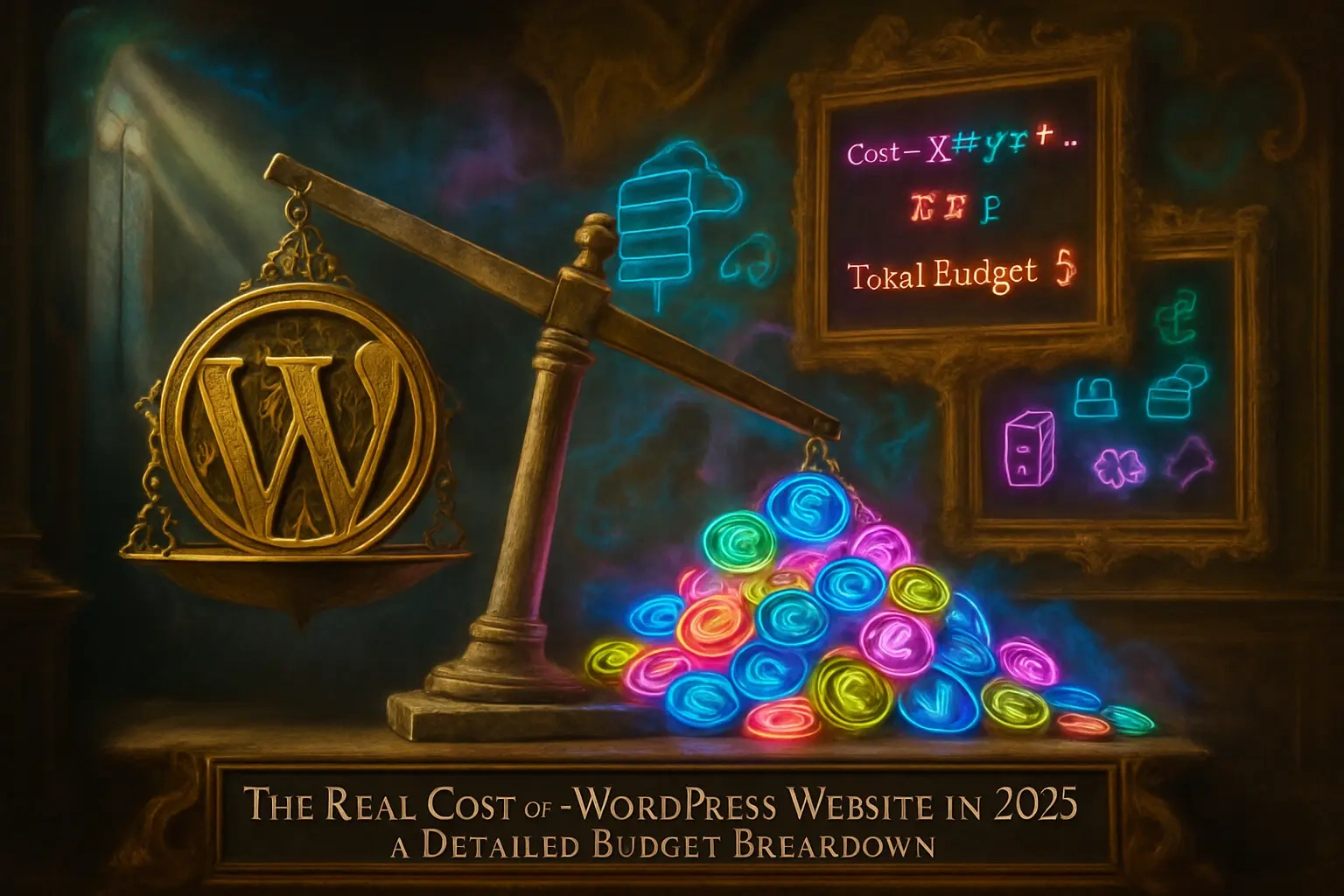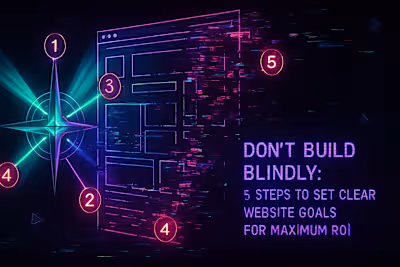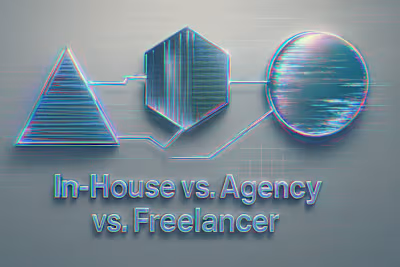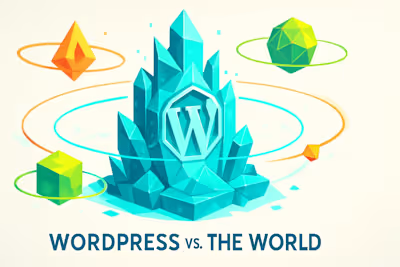The Real Cost of a WordPress Website in 2025: A Detailed Budget Breakdown

The Real Cost of a WordPress Website in 2025: A Detailed Budget Breakdown
The 'Free' Myth: Essential Upfront Costs
Domain Name: Your Website's Address
Web Hosting: Your Website's Home
Design & Functionality: The Cost of Themes and Plugins
Free vs. Premium Themes
Free vs. Premium Plugins
The Biggest Variable: Development & Labor Costs
DIY: The 'Cost' of Your Time
Hiring a Freelance Developer
Partnering with a Web Design Agency
Ongoing Maintenance: The Hidden Costs of Ownership
Hosting and Domain Renewals
Premium Plugin and Theme Licenses
Maintenance Services
Sample Budgets: From a Simple Blog to a Full-Fledged E-commerce Store
The Personal Blog / Basic Brochure Site
The Small Business Website
The E-commerce Website
Making Smart Budget Decisions
References
The Real Cost of a WordPress Website in 2025: A Detailed Budget Breakdown
The 'Free' Myth: Essential Upfront Costs
Domain Name: Your Website's Address
Web Hosting: Your Website's Home
Design & Functionality: The Cost of Themes and Plugins
Free vs. Premium Themes
Free vs. Premium Plugins
The Biggest Variable: Development & Labor Costs
DIY: The 'Cost' of Your Time
Hiring a Freelance Developer
Partnering with a Web Design Agency
Ongoing Maintenance: The Hidden Costs of Ownership
Hosting and Domain Renewals
Premium Plugin and Theme Licenses
Maintenance Services
Sample Budgets: From a Simple Blog to a Full-Fledged E-commerce Store
The Personal Blog / Basic Brochure Site
The Small Business Website
The E-commerce Website
Making Smart Budget Decisions
References
Posted Jul 6, 2025
Wondering how much to budget for your new WordPress site? We break down every potential cost, from domains and hosting to custom development, so there are no surprises.










